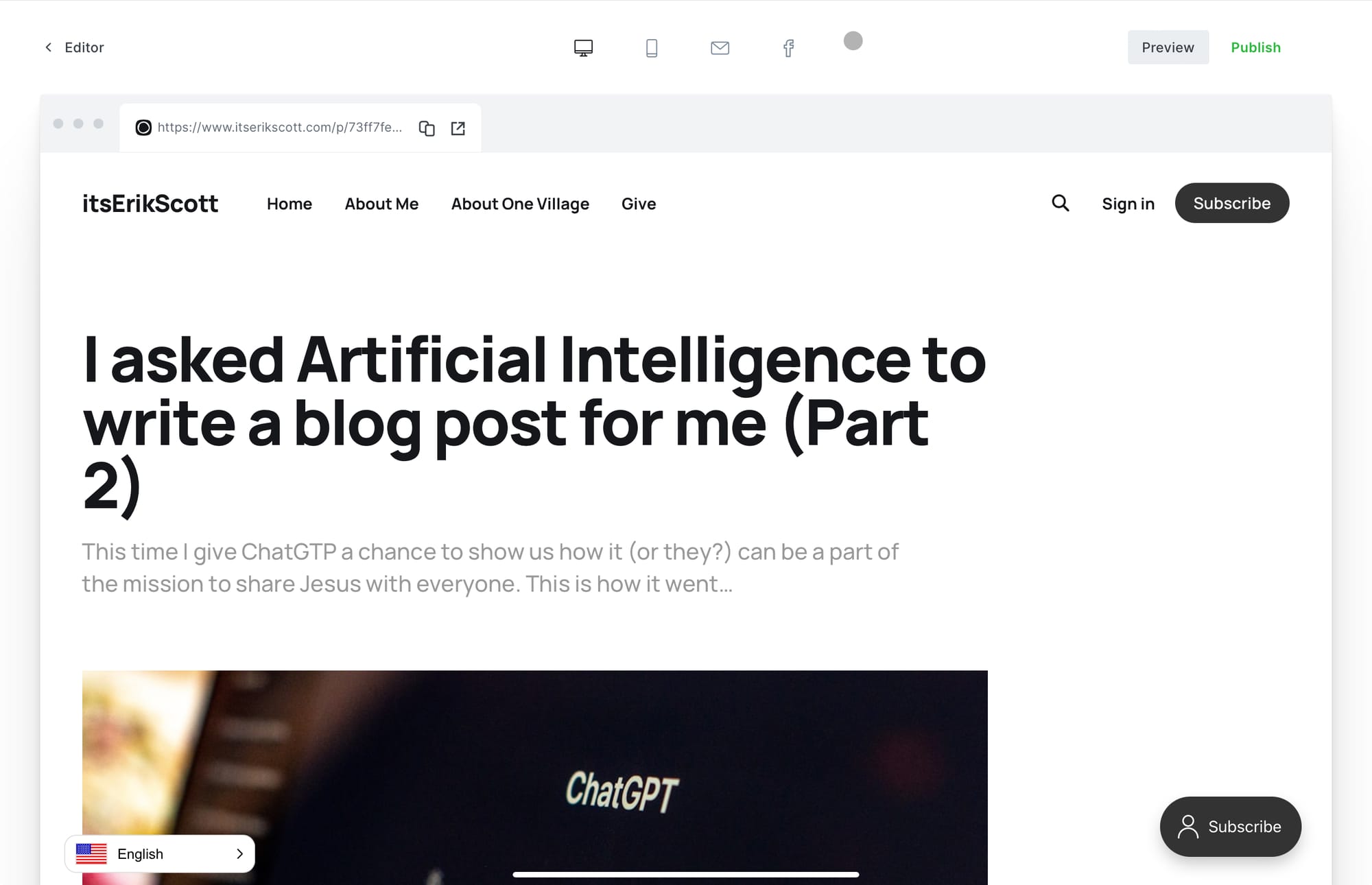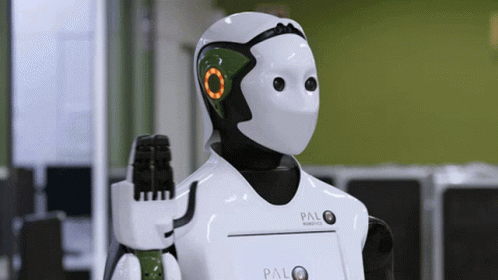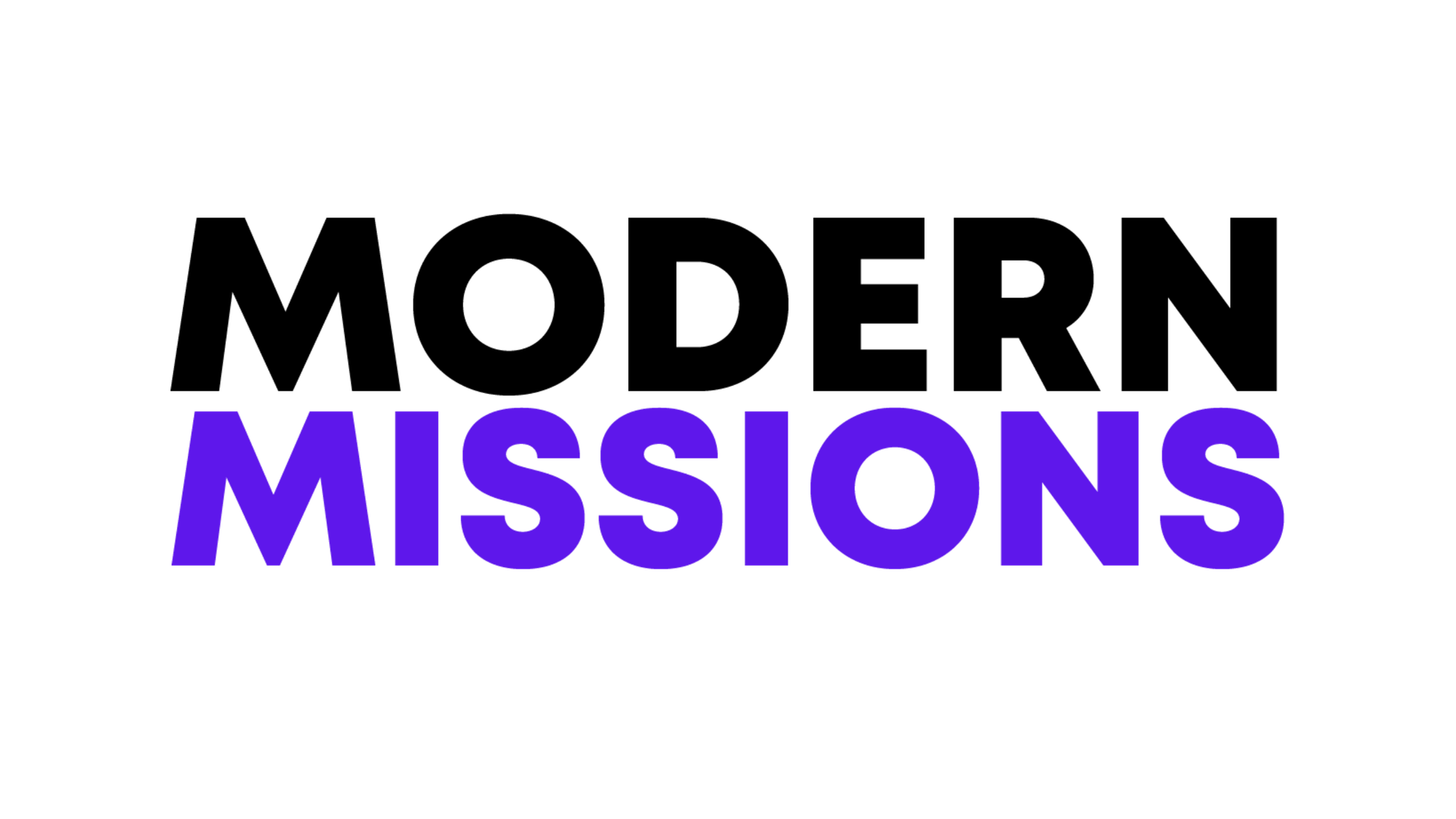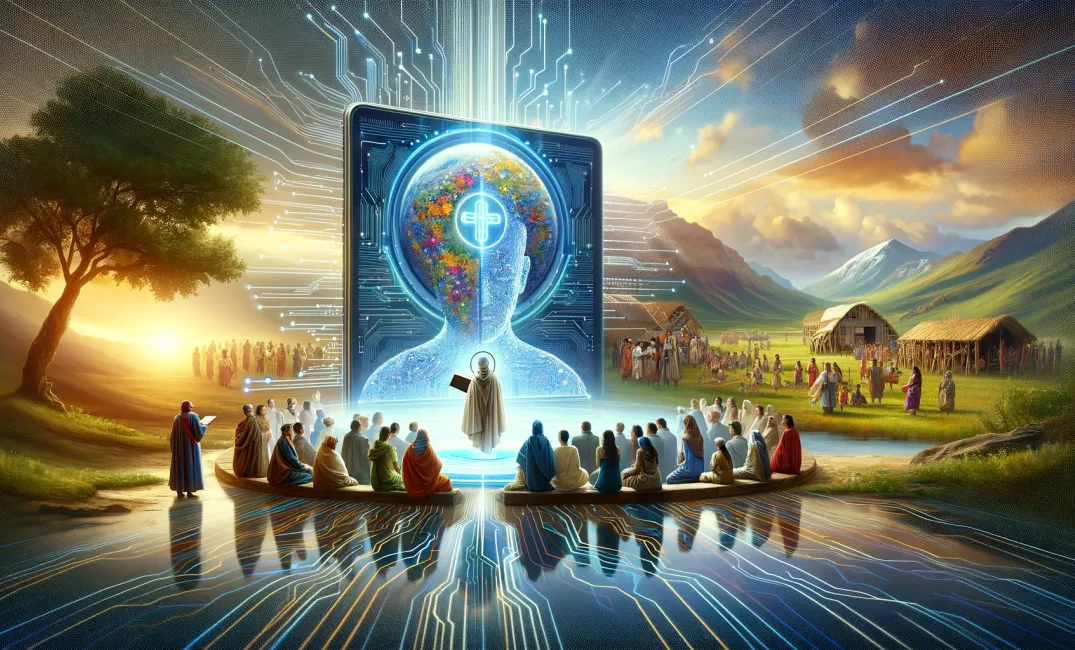In this series, I wanted to see what all the commotion was about with AI, so I created a ChatGPT account and started asking it questions.
- In Part 1 (read here) I asked AI to write a blog post for me on “The Evolution of Missionary Communication” and it did a pretty good job!
- For this article (Part 2) I took a different approach and asked AI what roles it sees itself filling in the mission field.
First, a quick review of the history of AI (brought to you using AI of course…)
The term "artificial intelligence" was coined in 1956 at the Dartmouth Workshop, held in New Hampshire. Early pioneers in AI developed programs that could perform tasks such as playing chess and proving mathematical theorems.

However, progress was slower than initially anticipated, leading to an "AI winter" in the 1970s and 1980s, characterized by dwindling funding and interest due to unmet expectations.
The field reemerged in the 1990s with a shift towards machine learning approaches. This period witnessed significant advancements, demonstrating remarkable capabilities in areas like image and speech recognition (like ‘Hey Siri!’).

The 21st century saw AI permeate modern life (to the point we don't even realize all the places AI is being used now), with applications ranging from virtual assistants to autonomous vehicles and medical diagnostics.
So where does AI fit in Christian missions today?
Here are 7 ways AI says it can help out:
1. Bible Translation and Study:
Artificial Intelligence can streamline the process of translating the Bible into new languages by analyzing vast amounts of linguistic data to identify patterns, making it easier to adapt the scripture accurately and contextually. This technology also enables collaboration among translators worldwide, ensuring that translations are not only precise but also resonate culturally with new audiences, thereby expanding the reach of biblical teachings.
(It is predicted that AI could reduce Bible translation time by half. You can read Wycliffe's article on AI-assisted Bible translation here.)

2. Data Analysis and Targeted Outreach:
AI algorithms can analyze vast amounts of data from various sources, including social media and online platforms, to identify regions or specific groups that may be more open to hearing about Christianity. This data-driven approach can help missionaries target their efforts strategically and maximize their impact.
3. Virtual Discipleship and Pastoral Care:
AI-powered chatbots and virtual assistants can provide continuous support and guidance to individuals seeking spiritual growth and discipleship. Missionaries could leverage these tools to extend their reach and offer pastoral care even when they cannot be physically present.
(Check out an AI-powered therapist from Elomia here 🤯…)
Or, imagine a missionary using AI to communicate with people online. The AI learns that a person is really interested in how faith can provide support during tough times. The missionary can then use AI to create and share messages or articles specifically about finding hope and strength in Jesus during difficult moments, tailored to resonate with that person's current struggles.

4. Language Translation (Real-time):
AI technologies, specifically neural machine translation, have shown remarkable advancements in recent years. These systems are capable of processing massive amounts of text data and learning the nuances of different languages.
(Meta's SeamlessM4T can handle text-to-speech, speech-to-text, speech-to-speech and text-to-text.)
5. Disaster Relief and Humanitarian Aid:
AI can be used to analyze data and predict areas that may be affected by disasters or humanitarian crises. This will help missionaries and organizations respond more efficiently to emergencies and coordinate relief efforts effectively.

6. Smart Resource Allocation (using AI in logistics, HR, & finance):
AI can assist in optimizing resource allocation, helping missionary organizations allocate their supplies, finances, and manpower more efficiently based on identified needs and opportunities.

7. Automated Content Creation and Personalization:
AI can help missionaries create content that speaks directly to the hearts and minds of their audience by analyzing interests and engagement patterns, ensuring the message about faith is both relevant and compelling. This technology can also suggest diverse ways to present content, from written articles to videos, making it easier to reach people across different online platforms in the most effective way.
(For example, this blog post was created with the assistance of AI!)

(Hi! It’s me again, Erik…) Another great response from the AI chatbot right?
So why does this matter for missions?
AI is here to stay. To interact with it wisely we have to understand its strengths and its weaknesses. While AI can play a huge role in sharing Jesus with others, it can also be used very poorly. For now, it requires a human to get the most out of it (and to keep an eye on it 👀).
Next in this series: How can AI help translate the Bible into every language?




